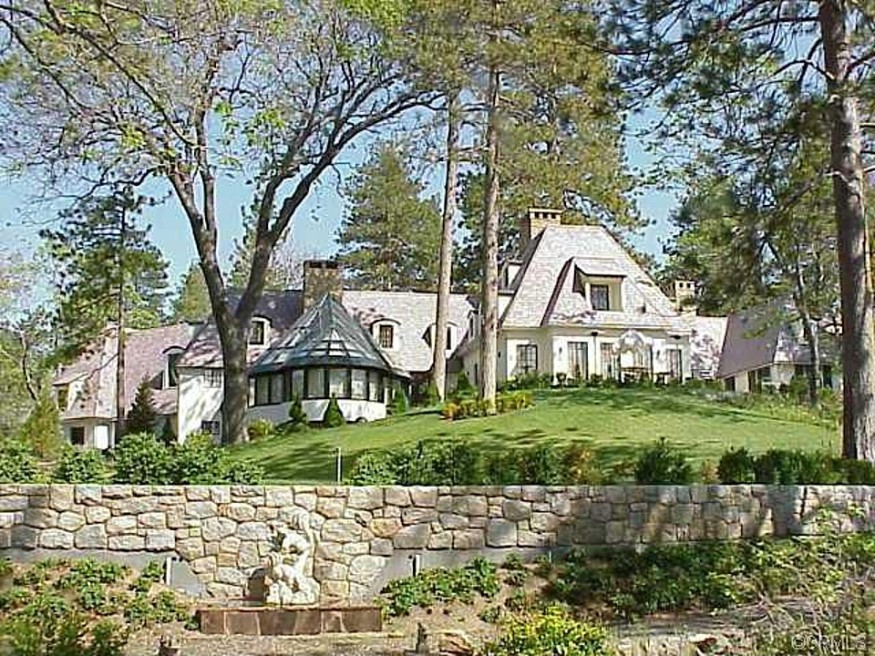
Owning a home will always be on top of everybody's dream. But instead of spending the hard-earned money on a dream home or primary residence first, owning a "secondary home" is becoming a trend to buyers who have been renting for a long time.
The coronavirus global pandemic resulted in a low mortgage rate, but instead of competing against other buyers and going on bidding wars to secure their dream home, renters found another way to take advantage of the low-interest rates.
According to a recent Apartment Therapy report, some urban dwellers find buying a "second home" more appealing than settling in a more expensive primary home. It is particularly interesting for renters, especially if the second homes are located in areas not affected by the jaw-dropping prices.
And these renters are not just buying typical apartments but country cottages and mountain cabins. They do this while continue paying for rent in their apartments in the city. This trend is popular with New Yorkers and for metropolitan dwellers having the same "vacation-first" mentality.
Benefits of Buying Secondary Homes First
According to financial analysts, buying a second home could have a financial and investment benefit for first-time home buyers. In some cases, buyers can deduct the mortgage interest on a vacation home just like a primary residence, then deduct the property taxes up to the cap.
Others can also rent out their second home to have a supplemental income while working in the city.
Real estate agent John Coleman, who works with many first-time homebuyers, said that the trend of buying secondary homes was brought by the pandemic, which prevented people from traveling.
"Buying and renting out on Airbnb has been very lucrative for some, and it will be interesting to see if that can hold up moving forward," Coleman told Apartment Therapy.
Vacation Home vs. Actual Vacation
One of the buyers who jumped on the said trend is Jamie Manning - founder of real estate blog Exposed Brick DC. She and her husband bought a fixer-upper cottage as a vacation home in Charlottesville, Virginia, first before settling down in a property in Washington D.C.
"[We] see this as a true second home, somewhere we can spend weekends and possibly work remotely during the week. This idea had been on our radar because real estate costs are so high in D.C. that we felt buying here may not be realistic," Manning said.
"We have been diligent and saved and were anxious to make some kind of real estate investment. We were craving a change of scenery and a different pace of life."
After doing the math, the couple realized that the cost of a weekend getaway, including flights, hotel, and dining, could get them a second home that they could enjoy for a couple of weekends per month.
While the world is still adapting to the so-called "new normal," buying a secondary home first could be a win-win for buyers eager to have a place they could call home and invest in real estate at the same time.
© 2025 Realty Today All rights reserved. Do not reproduce without permission.



